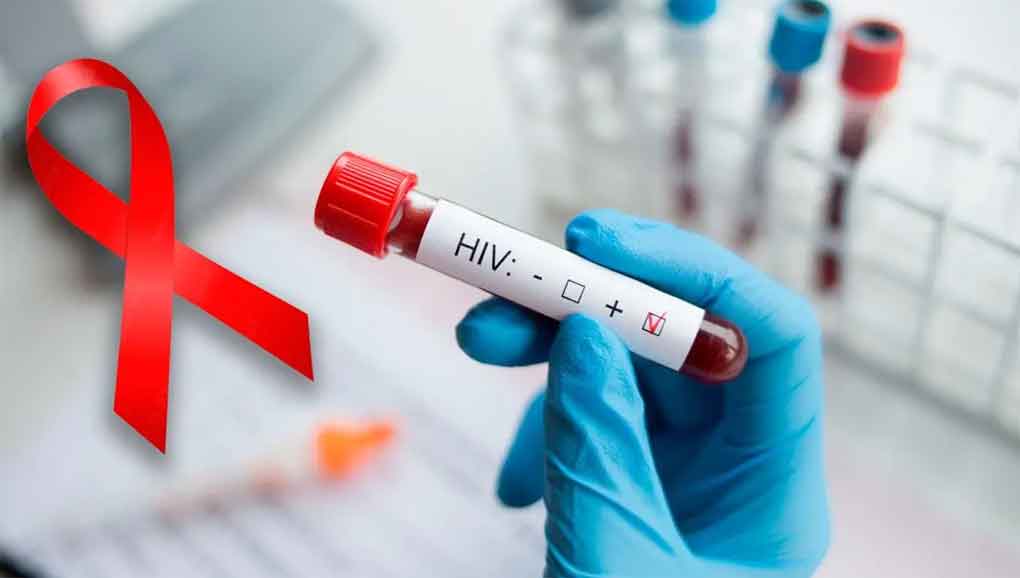Christian Mouala, director of the Joint United Nations Program on HIV/AIDS in Haiti, described this increase in the Caribbean nation as significant.
Currently, Haiti shows tangible advances in the fight against this disease, despite the insecurity that prevents adequate care for patients and the timely delivery of medicines to combat the disease.
A total of 96 percent of people living with HIV are aware of their serological status; 89 percent of them receive treatment and 87 percent have already managed to lower their viral load to undetectable levels.
Gender violence in Haiti is one of the main obstacles to progress in the fight against the spread of HIV/AIDS.
Even if they are dealing with commendable results, health authorities will have to continue working on detection services, training health personnel, supporting vulnerable children and women, and distributing relevant medicines.
According to the digital newspaper Haiti Libre, people who suffer violence are at greater risk of contracting HIV infection, and most face difficulties in accessing treatment.
Despite all good news, Haiti’s still suffers from the highest prevalence rate in the Caribbean and the epidemic particularly affects women, with a prevalence rate of 2.1 percent compared to 1.3 among men.
Such statistics lead the United Nations to advocate the elimination of inequalities for people living with HIV in Haiti.
ied/ga/joe









